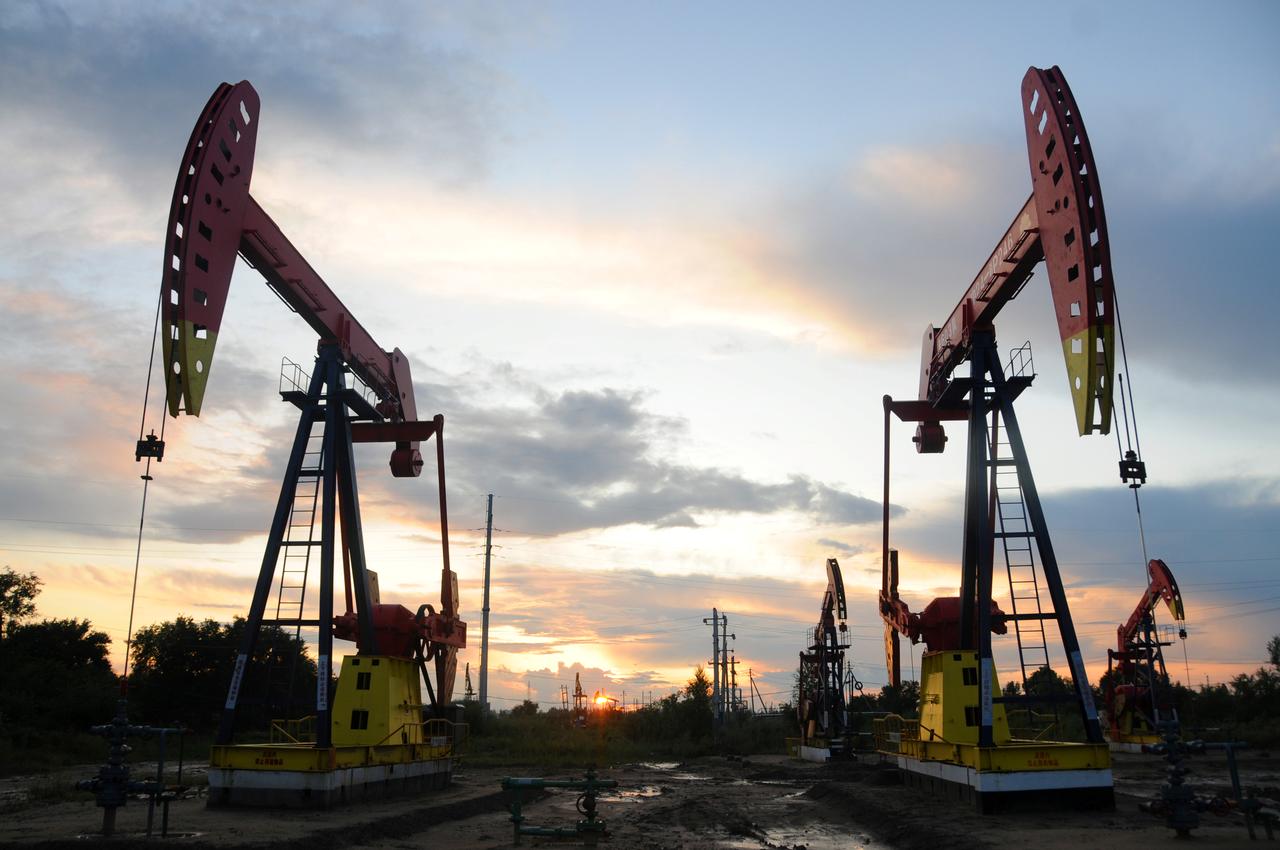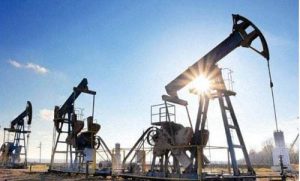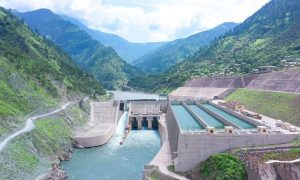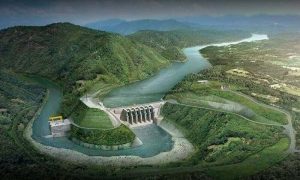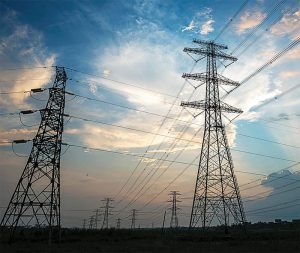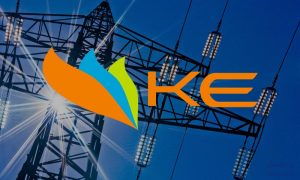Engineering Post Report
Pakistan, most unfortunately, manly depends upon oil and gas resources to fulflll its energy requirements adequately and appropriately to fully meet the increasing demand for developmental activities through urban and rural areas all over the country.
The domestic production of crude oil had remained 24.6 million barrels during July 2018-March 2019 as compared to 21.8 million barrels during the corresponding period previous financial year, according to facts and figures available from official sources.
Country’s indigenous oil resources are not enough to quench thirst of a growing ad developing national economy. Resultantly Pakistan relies heavily , to the extent of over 80 per cent, on import of large quantity of oil as well as oil based products from Middle Eastern countries especially from Saudi Arabia.
During July-March Financial Year2018- 19 , the quantity of crude oil imported remained 6.6 million tons with value of US $ 3.4 billion compared to the quantity of 7.8 million tons valued at US $ 2.9 billion during the same period last year indicating rapid increasing in oil consumption in the country. The decline was mainly due to increase in oil prices in the international market.
Import of oil on deferred payment from Saudi Arabia is greatly helping the federal government in terms of balance of payments .
Transport and power sectors continue to be the main major users of oil. During July-March FY 2019, share of oil consumption in transport sector sharply increased to as much 77 per cent from 56 per cent during the same period last year while share of pol consumption in power sector had somehow decreased during July-March FY 2019 which was 25 per cent during the same period last year.
Gas being the cheaper sources, mainly there is continuous shift of power sector from oil to gas.
The indigenous and and imported crude oil is refined by six major and two small refineries in the country.
Efforts are also being made continuously for effecting improvement in the existing refineries as well as attracting more and more foreign investment from friendly and other countries.
Byco Oil Pakistan Limited (Byco) has established an Oil Refinery at Hub, Balochistan, with refinery capacity of 120,000 barrels per day ( 5 million tons per annum) at a cost of US $ 400 million . Byco has also installed Single Buoy Mooring ( SBM) facilities for transportation of imported Crude Oil and petroleum products from ships to the storage tanks. The capacity of this facility is 12 million tons per annum.
Attock Refinery Limited (ARL) has started producing Euro-11 (0.05 per cent Sulphur HSD) . Further, the refinery has also installed isomerization plant and enhanced the production of Motor Gasoline also.
Pakistan Refinery Limited (PRL) had also installed isomerization plant In 2016 and since then has doubled itsa production of Motor Gasoline.
Pak-Arab Refinery Limited (PARCO) is also implementing PARCO Coastal Refinery project at Khalifa Point near Hub, Balochistan which is a state of the art refinery having capacity of 250,000 barrels per day (over 11 million tons per annum). Its estimated cost is US $ 5 billlion.
In terms of energy-mix, Pakistan reliance on oil had reached 43.5 per cent in FY 1998 and FY 2001. For the FY 2018, oil reliance was reduced to31.2 per cent. Similrly, hydro had a 13.1 per cent share in FY 1998 which was standing at 7.7 per cent in 2017-18.
Though the declining share of oil is a welcoming sign due to its lesser burden on the national exchequer, the diminishing share of hydro represents the shortsightedness of the policy makers as well as the inability of the successive governments to undertake such capital-intensive projects in a timely manners.


